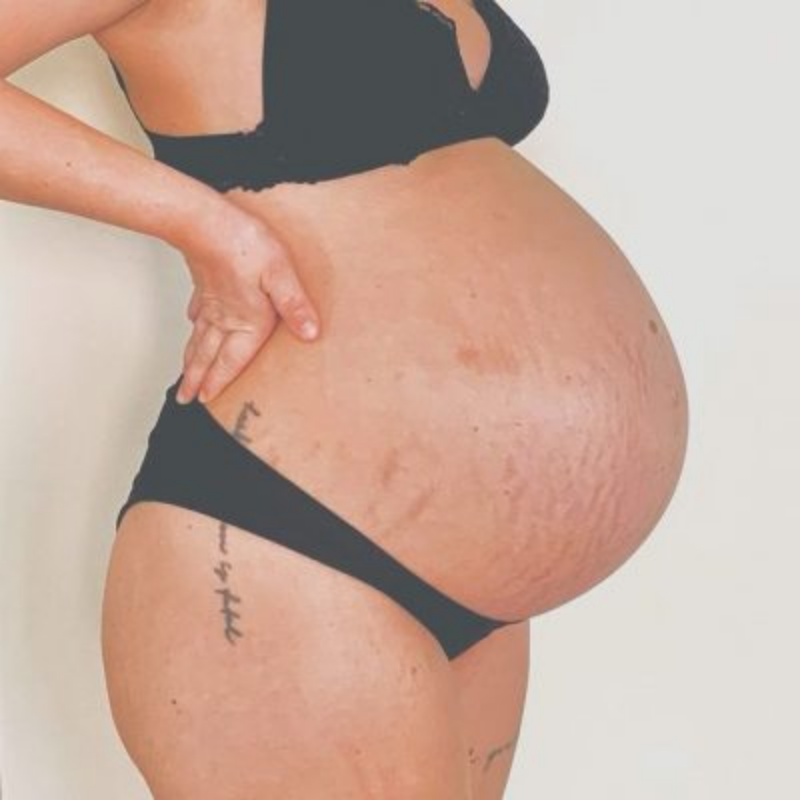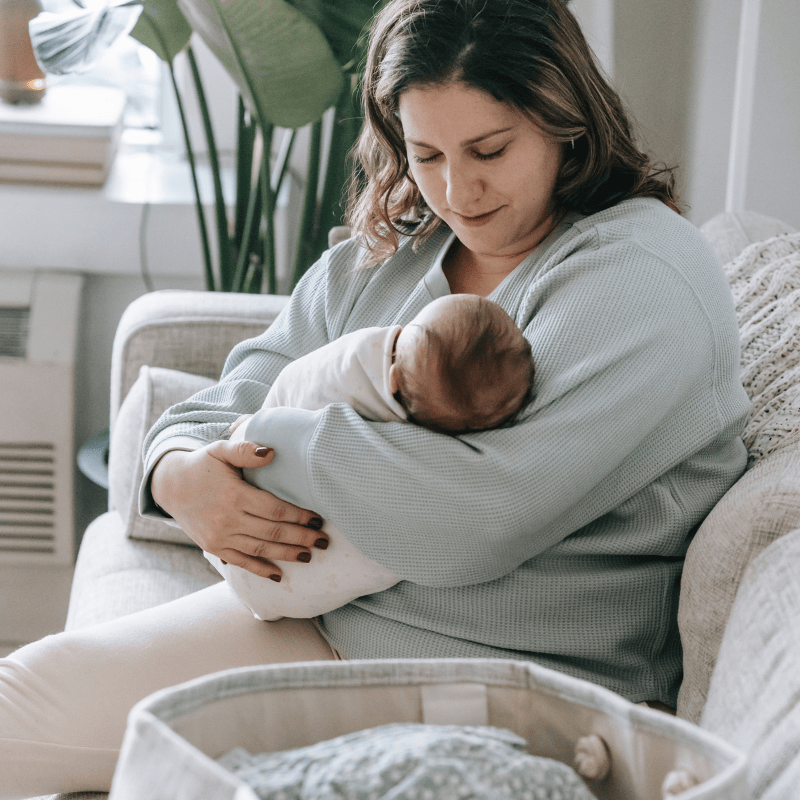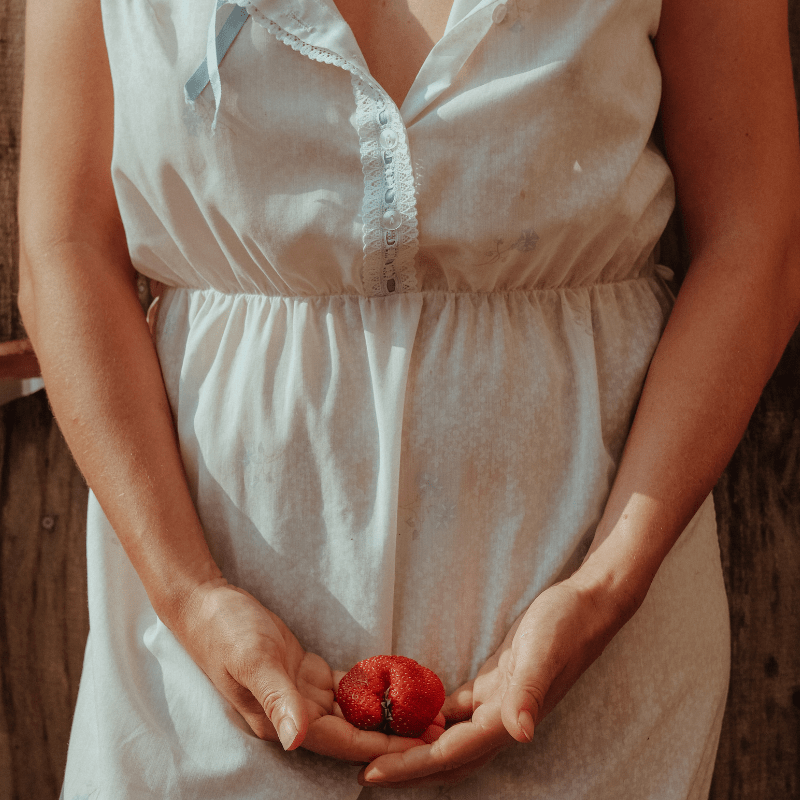Stretch Marks During Pregnancy

Stretch marks during pregnancy are very common and something that is entirely natural. It's not surprising that the skin "stretches" when the belly grows and the skin is stretched out. There is nothing that can guarantee you can avoid stretch marks during pregnancy, but there are small tricks that can help you prevent them, and in cases where you already have stretch marks, soften them. However, it is important not to see stretch marks as something negative. Remind yourself that stretch marks are part of the change your body is going through and see them after childbirth as a reminder of the fantastic journey you have undergone that ultimately gave you your beloved little child!
What are stretch marks?
Stretch marks, or striae as they are also called, are lines or streaks that can appear on the surface of the skin. They are the result of rapid growth or stretching of the skin, which leads to the breakdown of the skin's connective tissue and the formation of stretch marks. Stretch marks during pregnancy are common and can appear on different parts of the body, such as the abdomen, hips, thighs, breasts, and buttocks. The stretch marks can be red, purple, or pink at first, but they usually shrink and fade over time. They then become more whitish or skin-colored streaks that are not as visible.
Why do you get stretch marks during pregnancy?
During pregnancy, the abdomen, breasts, and other parts of the body grow quickly, which means the skin has to adapt. The skin stretches to accommodate a growing belly, and because it happens so quickly, it can cause stretch marks. The hormonal changes that occur during pregnancy also affect the skin's elasticity and resilience, making it even easier to develop stretch marks.
Factors that increase the risk of stretch marks during pregnancy
There are certain factors that can increase the risk of stretch marks during pregnancy:
- Genetics. If your close relatives, such as your mother or sister, have had stretch marks during their pregnancies, it is more likely that you will too.
- Age. Younger women have a greater tendency to develop stretch marks because their skin is more elastic and stretchable.
- Skin type. People with drier skin types are more likely to get stretch marks because their skin is less elastic than oilier skin types.
- Rapid weight gain. If you gain a lot of weight in a short period, it is easy to get stretch marks.
- If you are expecting twins or more. If you are pregnant with twins or more, it is more likely that you will get stretch marks because the skin needs to stretch even more than when you are pregnant with only one child.
Can you prevent stretch marks during pregnancy?
There is no evidence that stretch marks can be prevented, but there are things you can do to prevent stretch marks and perhaps most importantly, to make them softer so they don't feel or look as noticeable.
- Moisturize your skin. Apply a moisturizer or oil specifically designed for pregnant women to areas where stretch marks are common. Our softening pregnancy oil is perfect for this as it binds the skin's moisture, which can counteract stretch marks or help reduce those that already exist.
- Eat a balanced diet. A nutritious diet rich in vitamins and minerals can help improve the health and elasticity of the skin. Focus on getting enough protein, vitamin C, vitamin E, zinc, and omega-3 fatty acids. Also, make sure to drink plenty of water! A good tip is to always have a good water bottle with you.
- Exercise regularly. Physical activity can help improve the skin's elasticity and strength. It is important to choose safe and appropriate exercises for you as a pregnant woman, so consult with your midwife or doctor before starting an exercise program.
Once again:
It is extremely important that you do not view your stretch marks as something that lowers your value or diminishes your appearance. Stretch marks are a part of life and something many people experience. You are far from alone. Stretch marks are a sign that you have carried and protected your child and a completely natural part of the pregnancy journey!
```- Tags: Fakta Graviditet Ta hand om dig

